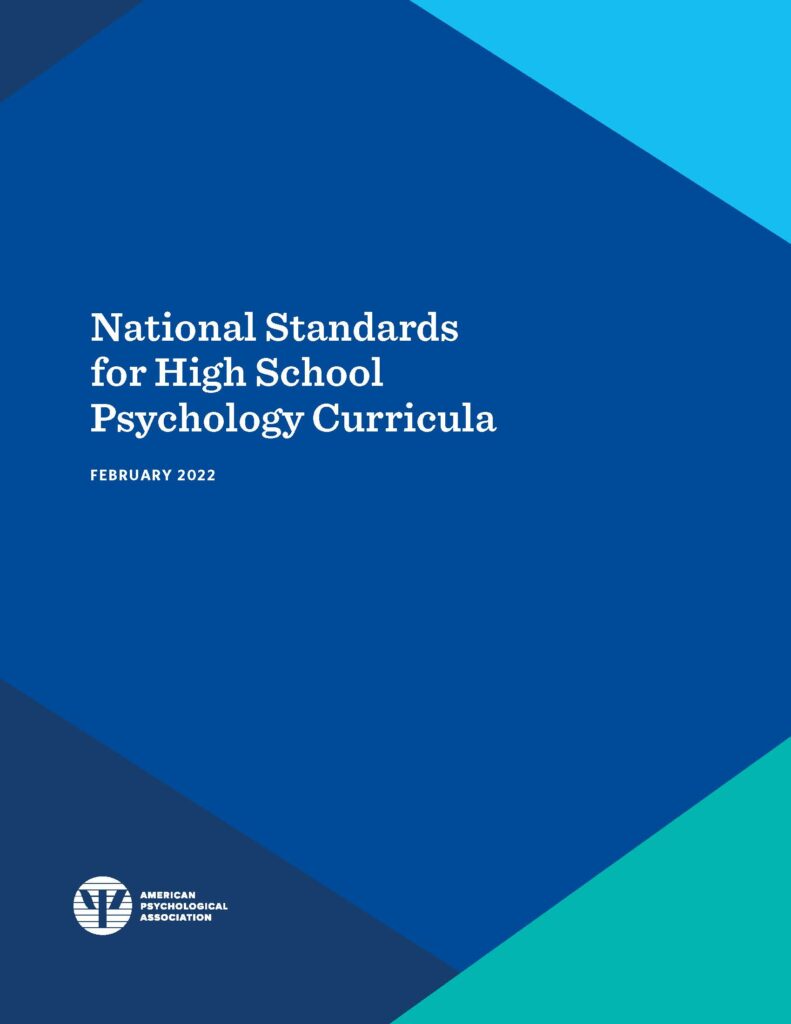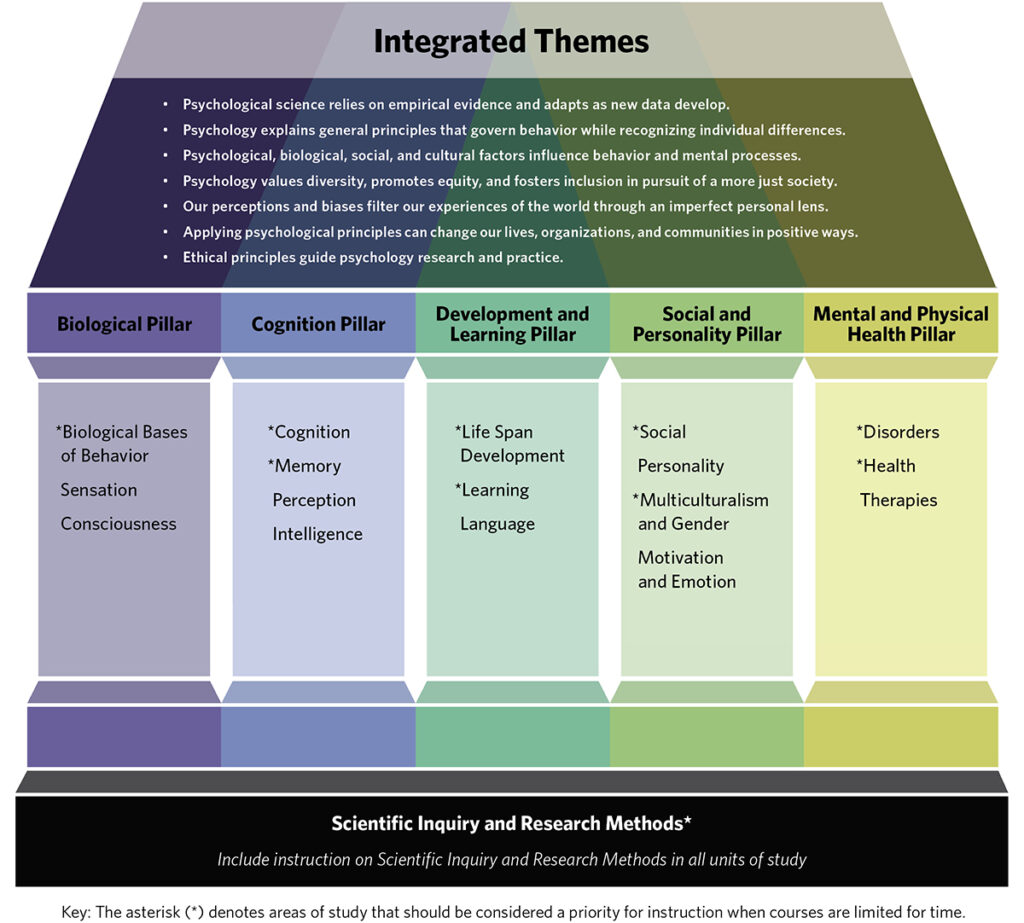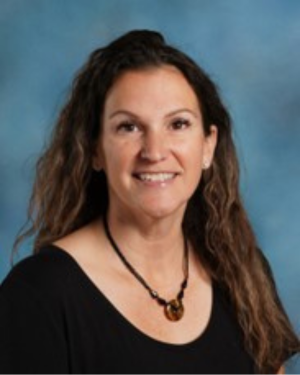High school psychology is a popular course that has the potential to benefit students in numerous ways. As the scientific study of the mind and behavior, psychology engages students in the scientific process and the course covers content directly applicable to students’ lives. A high-quality psychology course can:

- Help students build essential life skills. Understanding the science of human behavior can help students improve their academic skills, work more effectively and collaboratively with others, and successfully navigate daily life challenges.
- Prepare students for, and interest them in, a variety of careers. Psychology is a hub science broadly applicable to STEM disciplines, business, education, health, criminal justice, and mental health. A high-quality high school psychology course can prepare students for various growing career fields.
- Improve mental health literacy. The course can provide accurate, science-based information about mental health, which is critical given the current student mental health crisis.
- Promote cultural competence. The science of psychology can help students better understand the scope and variability of human behavior.
Despite these benefits, psychology can be a challenging course to teach. Often, social studies teachers, who may have limited or no educational background in psychology, are tasked with teaching the subject. There is considerable variability in who teaches psychology across schools, districts, and states, particularly since few states require teacher certification in this subject.
Teachers with minimal preparation in psychology may struggle to find the guidance and resources they need to design a quality course. Given how much psychology permeates our daily lives, it can be challenging for students (and teachers new to the discipline) to differentiate between common myths perpetuated by popular psychology and psychological knowledge supported by research.
Fortunately, help and support is available through the American Psychological Association (APA). The APA has a long history of supporting the teaching of high school psychology. Most importantly, the APA has developed, and maintained, curriculum standards for high school psychology that identify the core content that should be covered in a high-quality course. The third revision of the National Standards for High School Psychology Curricula was published in 2022. In addition to outlining learning targets for the course, the standards also provide integrative themes that teachers can weave throughout the course so that students recognize that “applying psychological principles can change our lives, organizations, and communities in positive ways,” and “ethical principles guide psychology research and practice,” among other cross-cutting themes.

The APA Teachers of Psychology in Secondary Schools (TOPSS) website also provides teachers with free information and resources to design and deliver a quality course. Notably, TOPSS offers a comprehensive set of free teaching resources directly linked to the National Standards. Other resources include:
- A recently revised resource vetting rubric for teachers to use to evaluate the quality and appropriateness of activities or other resources for their course;
- Videos highlighting the value of the course and on TOPSS resources (and TOPSS as a professional learning community);
- The Psychology Teacher Network news digest for psychology educators;
- An assessment guide for teachers, and more.
The APA TOPSS Committee is currently updating essential resources for new teachers, including pacing calendars and a handbook for teachers who are just getting started with the course. The TOPSS website is updated frequently. High school psychology teachers can join TOPSS to connect with a global community of educators; a link to join is available on the TOPSS website.
If your school offers a psychology course, I hope this post encourages you to support your teachers in aligning their course with APA’s National Standards. I also encourage you to share the TOPSS website with your psychology teacher(s) so they can access the many resources available to them.
If your school does not offer a psychology course, I hope this post helps you recognize the potential impact of this high-interest course and consider selecting or hiring a teacher with a psychology background. At the very least, I hope this post provides ideas for how you might support and onboard a teacher for this course.
I appreciate your leadership and encourage you to share the resources above with any psychology teacher at your school. Please contact me at [email protected] if you have any questions about the National Standards, or Sue Orsillo, PhD, from APA’s Center for Education in Psychology, at [email protected] if you have any questions about APA’s support of high school psychology.
Sponsored Content Disclaimer:
Sponsored Content in Partnership With NASSP
NASSP allows select groups to share information and thought leadership with our program audiences.

